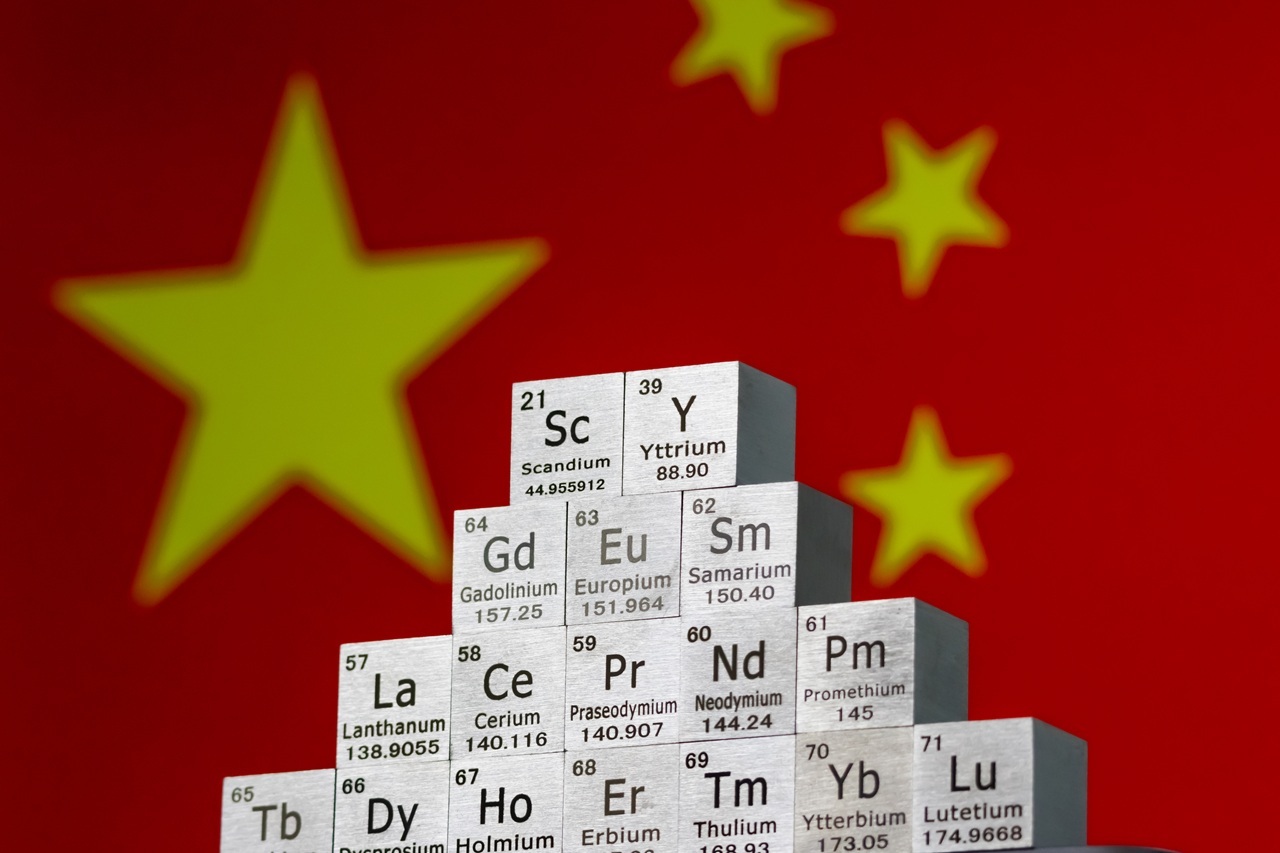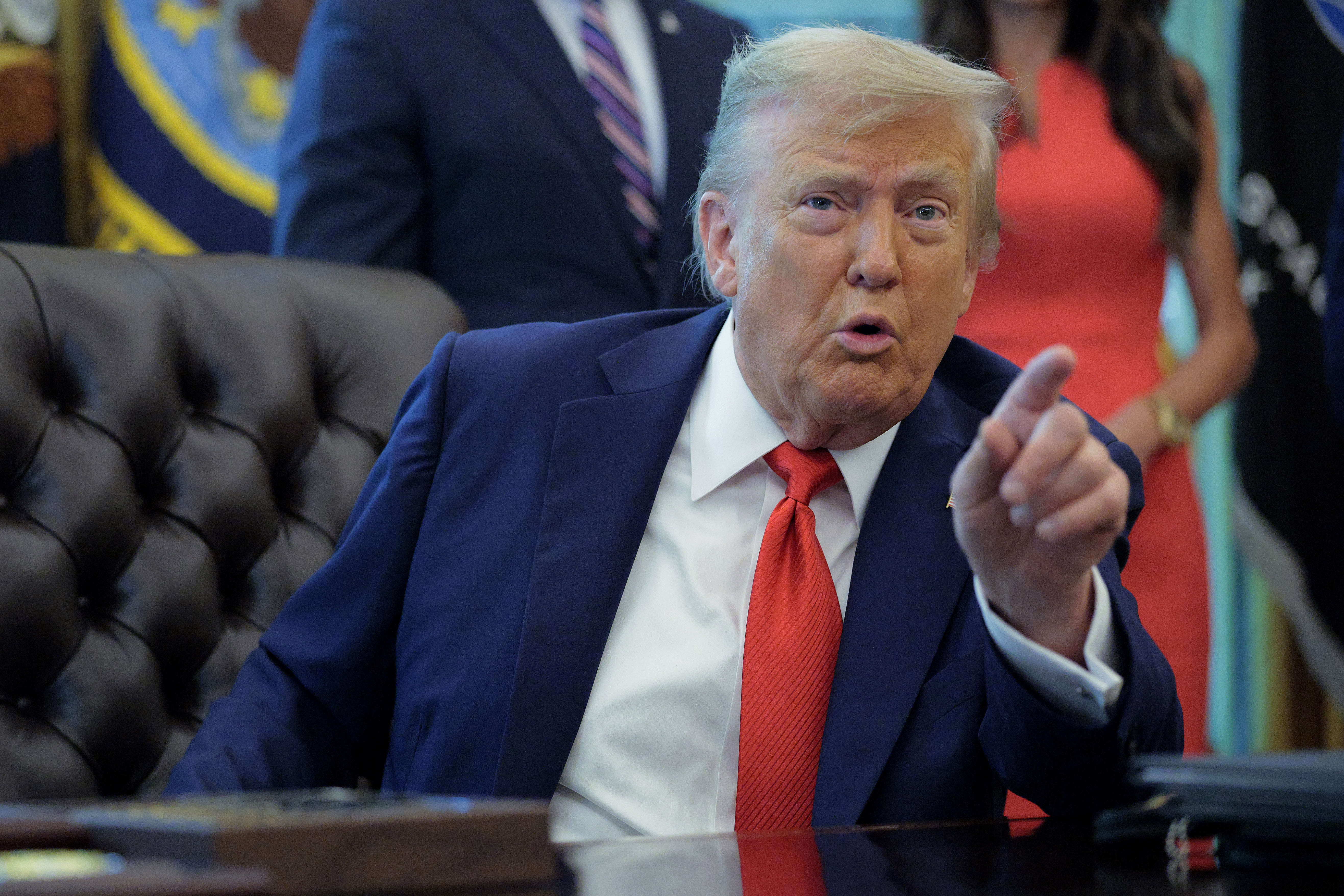Heads of state from the U.S. and China had planned to convene next week in South Korea, amid prolonged and ongoing trade tensions between the two nations. It seems like this meeting is now off the table, as President Trump has just posted a scathing message on his Truth Social platform, accusing China of monopolizing every element of the rare earth mineral pipeline. In retaliation, "massive increases of tariffs" are being mulled for Chinese products entering America, among other moves that would appear to chart a new, more hostile era in the China-U.S. trade war.
Rare earth minerals are crucial in various industries, including semiconductors and other computer hardware, and China controls most of the world's supply. The U.S. government has already considered allocating $2 billion worth of CHIPS Act funds toward rare earths development in a bid to reduce foreign reliance. President Trump is claiming that China is contacting countries around the globe to expand its dominance in this sector, using it as a powerful bargaining chip in this trade war. Malaysia has already been in talks with Beijing, which is interested in helping the country extract its newly-found mineral reserves.
China initially imposed export controls on rare earths back in April of this year, which have only tightened since, with yesterday's order serving as a red line for the White House, which now sees this as grounds enough for proper retaliation. President Trump's message states that he'll be "forced to counter" China's every move, almost warning Americans that such actions could be painful in the short term, but necessary in the long term. The U.S. already heavily sanctions China, barring it from receiving high-end AI GPUs, citing national security concerns — which is what Beijing is echoing now.

Interestingly, Trump openly admits that the U.S. also has a monopoly, which is generally considered anti-competitive; however, the tables turn when sovereignty is involved. Trump says that America has two elements for every one that China tries to monopolize, which could refer to the aforementioned GPUs. Today, the U.S. Senate passed a bill that seeks to prioritize AI chip sales for domestic companies over those of foreign entities. China, however, has previously banned its biggest tech companies from acquiring Nvidia GPUs entirely, with crackdowns at customs intensifying to enforce the usage of homegrown solutions.
The potential increased tariffs that might follow as a consequence of this growing intensity will ultimately hurt American citizens (and companies) the most. Like we said, lots of computer hardware uses rare earth minerals, and the U.S. is largely dependent on China for these, going so far as to ink bipartisan deals. Pakistan has recently sent its first shipment of rare earths to America, but it won't be enough to fill the pool. Chips fabricated in America, like Intel's new Panther Lake, can also be caught in the aftermath, a potentially detrimental notion in the face of resurgent domestic chipmaking ambitions.

Follow Tom's Hardware on Google News, or add us as a preferred source, to get our latest news, analysis, & reviews in your feeds.

 1 month ago
43
1 month ago
43








 English (US) ·
English (US) ·